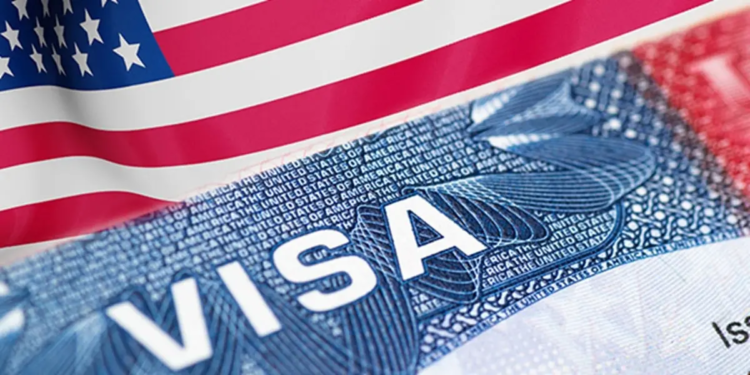In the already formidable mechanism of American visas, a new cog has just been added, silent but potentially decisive. Since an internal State Department cable dated November 6, 2025, consular agents are now invited to take into account the health status of applicants – obesity, diabetes, cancer, heart problems, depression – all conditions which, according to Washington, could herald “high future medical costs”.
An inflection which, under a technocratic appearance, redraws the border between mobility and exclusion, in fact targeting the most vulnerable populations.
A migration policy restructured by the health argument
The novelty is not so much in the refusal itself – the United States has always exercised a wide margin of appreciation – as in the shift in the criterion: from an essentially security and economic control, we move to a logic of prevention of health expenses, where the individual becomes a financial risk before being a traveler.
Nothing in the text establishes these diseases as automatic prohibitions. But the invitation to officers to consider “the applicant’s ability not to become a public burden” creates a gray area where subjectivity trumps procedure.
This development places health within a migratory regime which, already, multiplies the filters and moves the lines without any real public debate.
On paper, the directive applies to everyone. In reality, it adds to the layers of inequalities already existing between travelers from Northern countries and those from the South.
In many countries in Africa, the Maghreb or Asia, access to an American visa is often a obstacle course: insistent interrogations, sometimes contradictory requests for supporting documents, refusals that are difficult to challenge.
Refusal rate: Tunisia in the high average
This is particularly the case in Tunisia, where refusal rates have remained at significant levels for several years.
Official data from the US Department of State indicates that in 2024, the adjusted refusal rate for B (tourism/business) visas reached 23.21% — higher than countries like Turkey (19.78%) and significantly higher than most European countries (France, for example, had 8.50% in the same year).
At the other end of the spectrum, some African countries still exceed 70% refusals, demonstrating the depth of the disparities.
This contrast illustrates a persistent reality: for part of the world, the American visa remains a highly conditional privilege, subject to a host of migratory suspicions which sometimes even precede the examination of the file.
Also read:
USA student visa: Tunisians registered or filtered by their likes?








